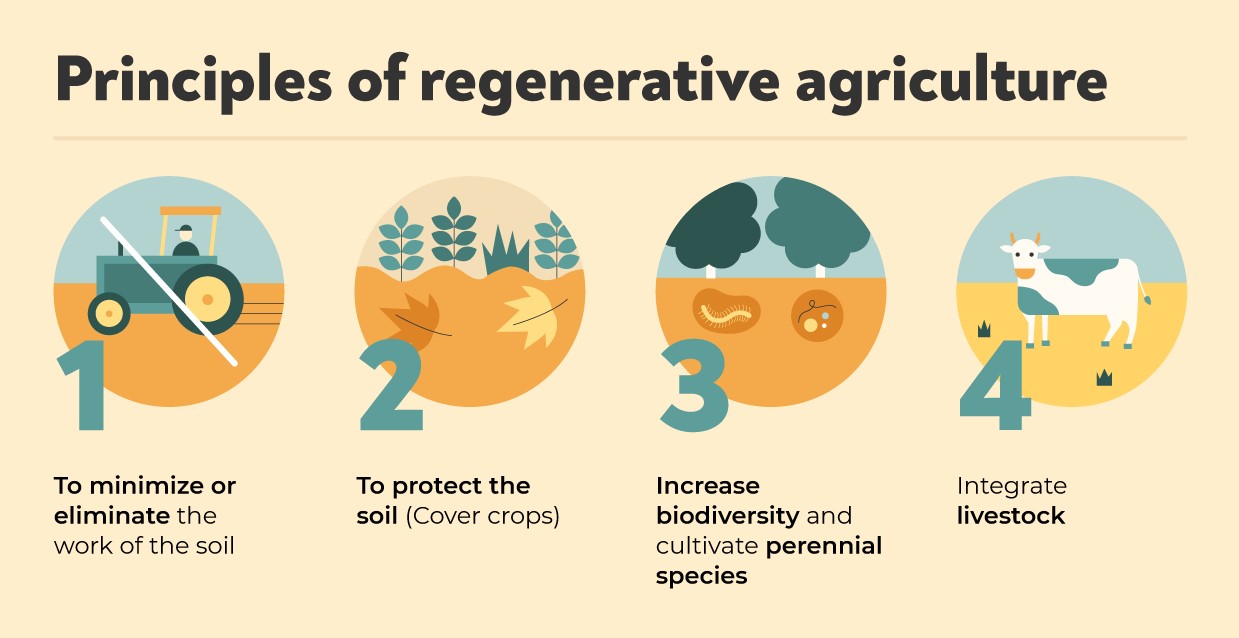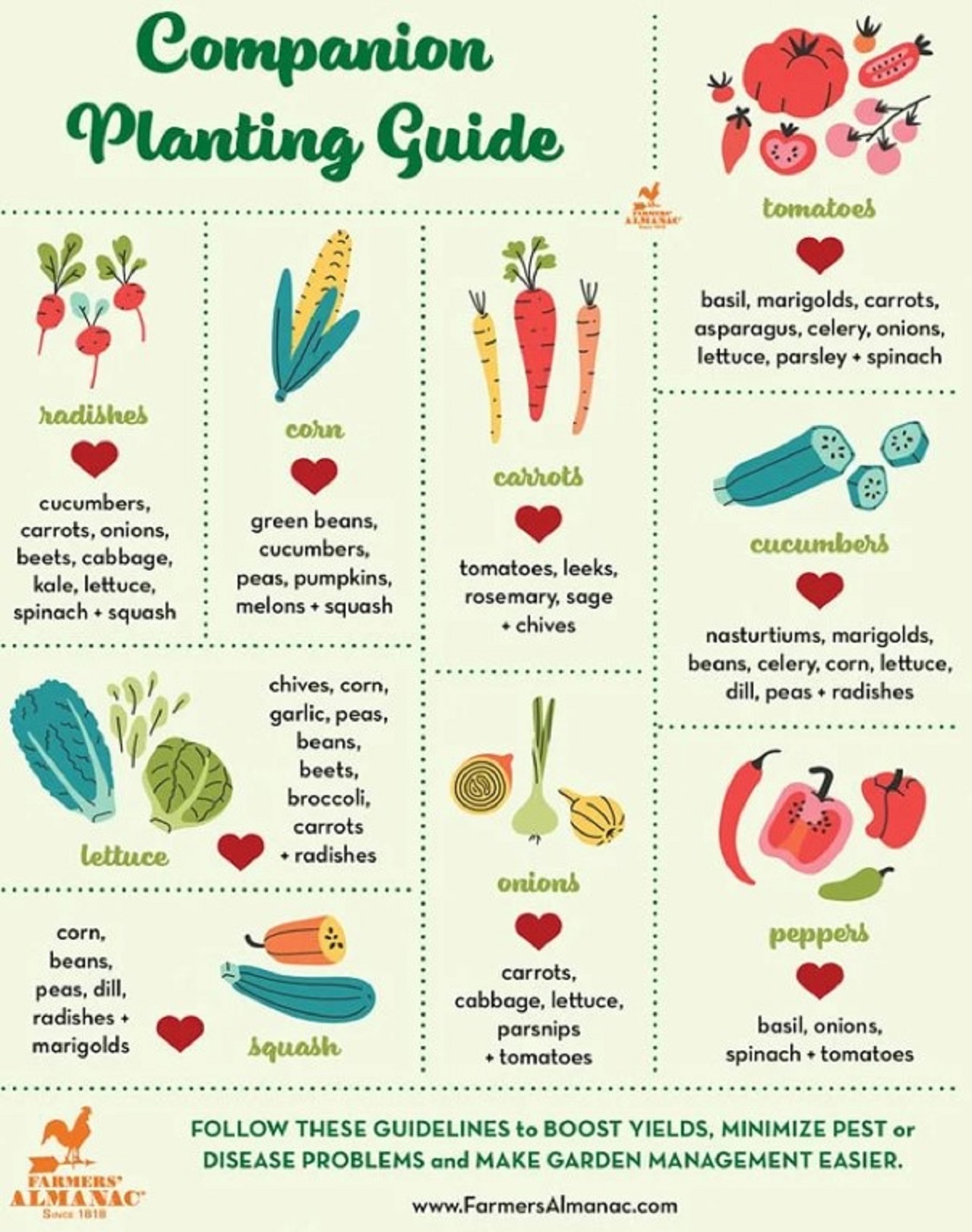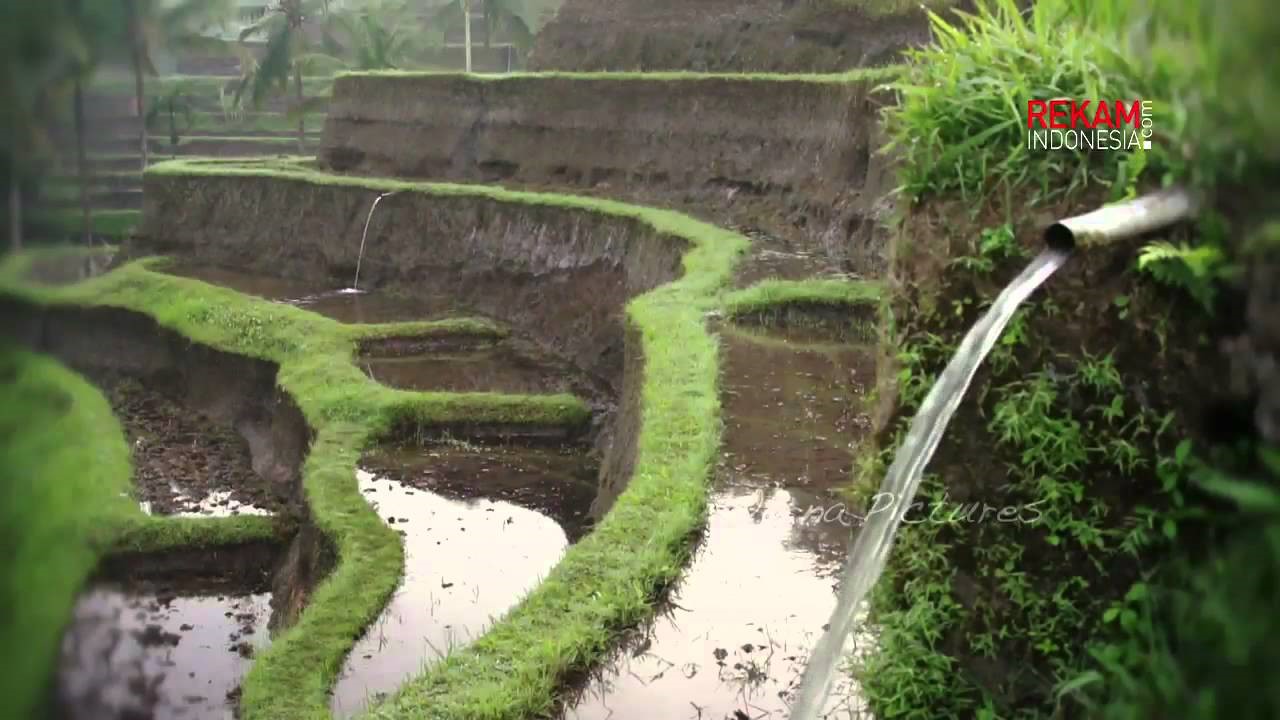Bali, a jewel of Indonesia’s archipelago, is celebrated for its breathtaking landscapes, rich cultural traditions, and deep spiritual connection to nature. Beneath its verdant rice paddies, dense jungles, and cascading waterfalls lies a delicate ecosystem—one that requires careful stewardship to flourish.
With increasing environmental pressures—from mass tourism to urban expansion—the island has turned toward permaculture, a sustainable agricultural approach that works with nature rather than against it. By championing regenerative farming, biodiversity conservation, and soil health, permaculture has become a powerful force in safeguarding Bali’s natural equilibrium.
Regenerative Agriculture: Nurturing the Land

Permaculture revolves around the principle that the land should be nourished, not exploited. Unlike conventional farming, which often depletes soil fertility through excessive use of chemicals and monocropping, permaculture regenerates the earth by employing holistic, self-sustaining techniques.
Bali’s permaculture farms prioritise composting, natural fertilisation, and crop diversity to maintain soil vitality. Organic waste is repurposed into rich compost, ensuring that nutrients are continuously replenished. Rather than relying on industrial fertilisers, farmers use traditional Balinese methods, such as integrating volcanic soil (known for its mineral richness) and fermenting plant-based compost.
The result? Thriving crops, healthier ecosystems, and a land that remains fertile for generations. Visitors to permaculture farms often marvel at how lush and vibrant the soil appears—proof that working with nature fosters greater abundance than forceful intervention.
Biodiversity Conservation: A Haven for Wildlife
Permaculture does not replace nature—it integrates with it. One of its defining principles is creating self-sustaining ecosystems, allowing flora and fauna to coexist harmoniously.
Many permaculture farms in Bali embrace agroforestry, a system where trees, crops, and animals share the same space, mimicking natural habitats. Instead of vast, lifeless plantations, permaculture landscapes are teeming with biodiversity—from native fruit trees to medicinal plants, pollinators, and small wildlife.
This preservation of natural habitats has proved invaluable in Bali’s fight against deforestation and loss of native species. Permaculture ensures that local animals—including butterflies, birds, and even endangered species—still have a place within agricultural zones.

Moreover, permaculture farmers often plant companion crops, which work symbiotically to improve soil health and deter pests naturally. By avoiding chemical pesticides, Bali protects its bees and pollinators—critical guardians of the island’s lush greenery.
Water Conservation: Honouring Bali’s Sacred Flow

Water is sacred in Balinese culture. The ancient Subak irrigation system—an intricate network of waterways built by generations of farmers—continues to sustain the island’s rice paddies while adhering to spiritual beliefs rooted in Tri Hita Karana (harmony between humans, nature, and the divine).
Permaculture builds upon Bali’s traditional water wisdom, ensuring minimal waste and maximum efficiency. Techniques such as rainwater harvesting, greywater recycling, and swale systems allow farms to retain and purify water naturally, reducing dependency on artificial irrigation.
Many eco-conscious farms design water-efficient landscapes, where natural slopes channel rainwater into reservoirs that gradually nourish crops. This method protects Bali’s freshwater sources, ensuring that rivers and lakes remain clean and undisturbed by agricultural runoff.
By reinforcing sustainable water management, permaculture plays a crucial role in preserving Bali’s sacred waterways—allowing nature to flow freely without disruption.
Sustainable Tourism & Community Empowerment
With Bali’s ever-growing tourism industry, eco-conscious travel is becoming increasingly important. Many travellers seek authentic, ethical experiences that allow them to connect with the land responsibly—and permaculture provides the perfect gateway.
Permaculture farms across Bali welcome visitors for educational retreats, offering hands-on experiences in regenerative agriculture, sustainable cooking, and mindful living. Through these interactions, tourists gain deeper respect for Balinese traditions, engaging with the island beyond its surface attractions.
Beyond tourism, local communities benefit immensely from permaculture practices. Farmers receive training in sustainable agriculture, allowing them to cultivate land in a way that preserves both nature and culture. Additionally, permaculture initiatives often empower women, providing opportunities for organic food production, herbal medicine-making, and eco-enterprises.
This integration of sustainability and economy ensures that both people and nature thrive together, proving that permaculture is as much about human well-being as it is about environmental preservation.
Bali’s Future in Sustainability
Bali’s natural ecosystem is a living treasure, one that flourishes when nurtured with care. Permaculture has become more than an agricultural movement—it is a philosophy, a way of life, and a commitment to harmony.
By embracing regenerative farming, biodiversity conservation, water wisdom, and sustainable tourism, Bali is carving a future where nature, culture, and economy flourish together. As travellers, locals, and environmentalists alike continue to champion permaculture, the island stands as a shining example of how mindful land stewardship can create a greener, more harmonious world.

